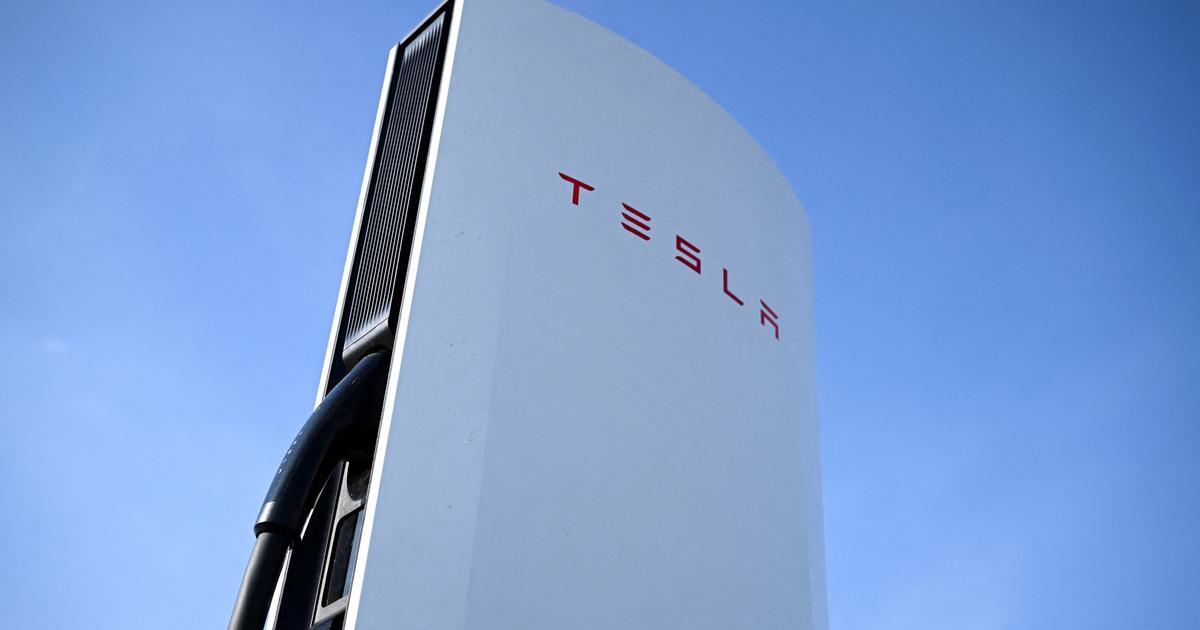Enlarge image
Daimler body in Sindelfingen: Industry is in the air
Photo: Silas Stein / dpa / picture alliance
Anyone who wanted to buy a car in the GDR had to officially wait ten years and often even longer.
Delivery problems and material shortages in Germany are currently far from being as extensive - but buyers need more and more patience.
"Depending on the make and model, the delivery time has leveled off at three to six months for a large part," says Marcus Weller, market expert at the Central Association of the German Motor Vehicle Industry.
With some premium models, customers would even have to wait nine months to a year before they can receive the car.
The main reason for this is the supply bottlenecks for important components, including semiconductors.
Manufacturers are therefore throttling production.
Stefan Reindl, head of the Geislingen Institute for the Automotive Industry, predicts: "The problem of long delivery times could worsen in autumn 2021 until well into spring 2022." The result: discounts on the list price are becoming rarer, and used car prices are also increasing.
Half-finished cars jam in front of factories
"The stock at the dealers is quite reduced," says Weller.
In the past, customers could not find their desired model directly from the dealer, but it was available from the manufacturer's warehouses at short notice.
That is now more difficult.
Waiting times are sometimes bridged with demonstration vehicles and leasing contracts are extended.
If you are flexible with the brand, you can get your new car faster.
Many car manufacturers are desperately trying to meet the high demand by completing the vehicles they have ordered with the material that is still available.
At corporations like Volkswagen and large suppliers like Continental, specially formed “task forces” search the world market around the clock for residual quantities, especially of the scarce microchips.
But what is available at all is often not enough.
Half-finished cars are already jammed in front of some plants, and if missing parts arrive, they are quickly retrofitted and only then delivered.
However, some car manufacturers have even started to let models on the road without certain optional equipment in order to supplement the systems later.
Due to the lack of parts, shifts are canceled in production, sometimes for whole weeks.
At the same time, car prices are rising, because in addition to the general shortage of supply, discounts are being cut.
And manufacturers often reserve the chip batches they can get for higher-priced models initially.
E-cars particularly affected by delivery problems
On the other hand, companies want to get rid of what is possible.
At VW, for example, the unconditional priority for external customers meant that managers should no longer order electric or hybrid cars as company cars for the time being.
These should go on sale immediately - the Wolfsburg-based manufacturer normally adorns itself with equipping its managers with vehicles with alternative drives.
"Electric vehicles are currently particularly prone to long delivery times," says auto expert Reindl.
They are more dependent on semiconductor elements for controlling the drive and for assistance and communication systems than combustion engines.
Stefan Bratzel, Head of the Center of Automotive Management in Bergisch-Gladbach, expects the longest delivery times in the smaller to medium price segment.
Because the scarce semiconductors are increasingly being concentrated on higher-priced vehicles.
A relaxation on the supplier markets is not in sight in the coming months.
"It is to be hoped that the bottlenecks will gradually disappear from 2022 - albeit not entirely," says Bratzel.
Not only car manufacturers and suppliers suffered, but also the auto trade in particular.
If dealers are unable to deliver the vehicles they have ordered, there is a lack of sales and earnings.
"This could lead to a ruinous spiral in the automotive industry."
apr / dpa







